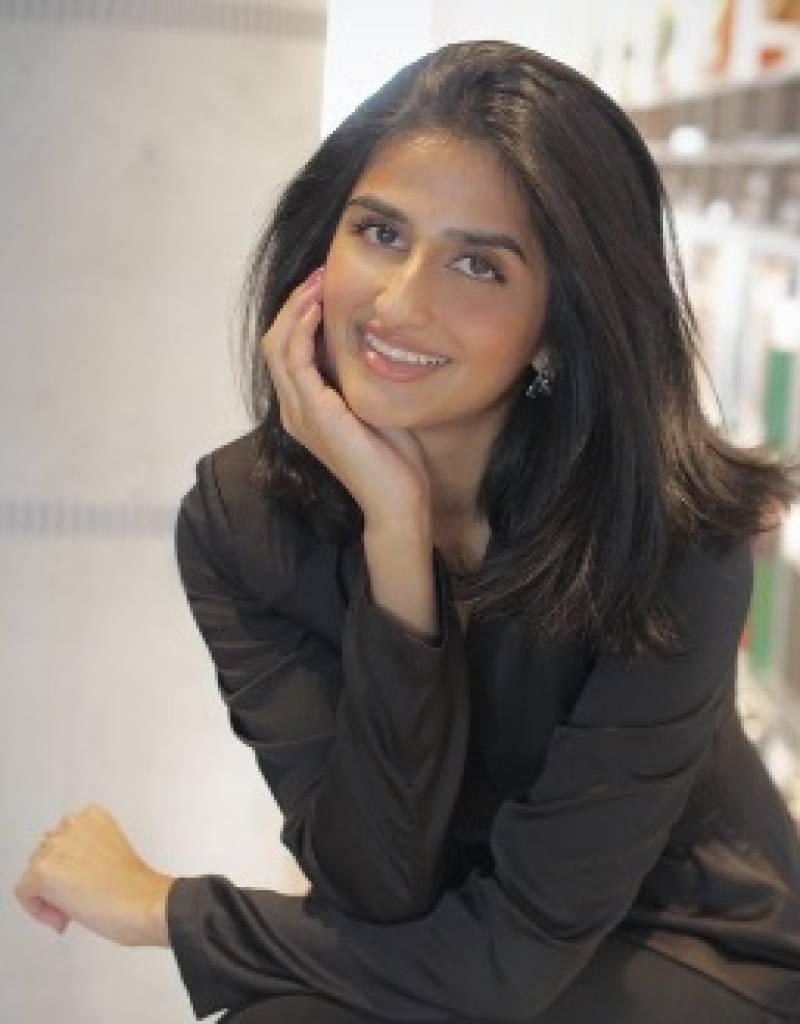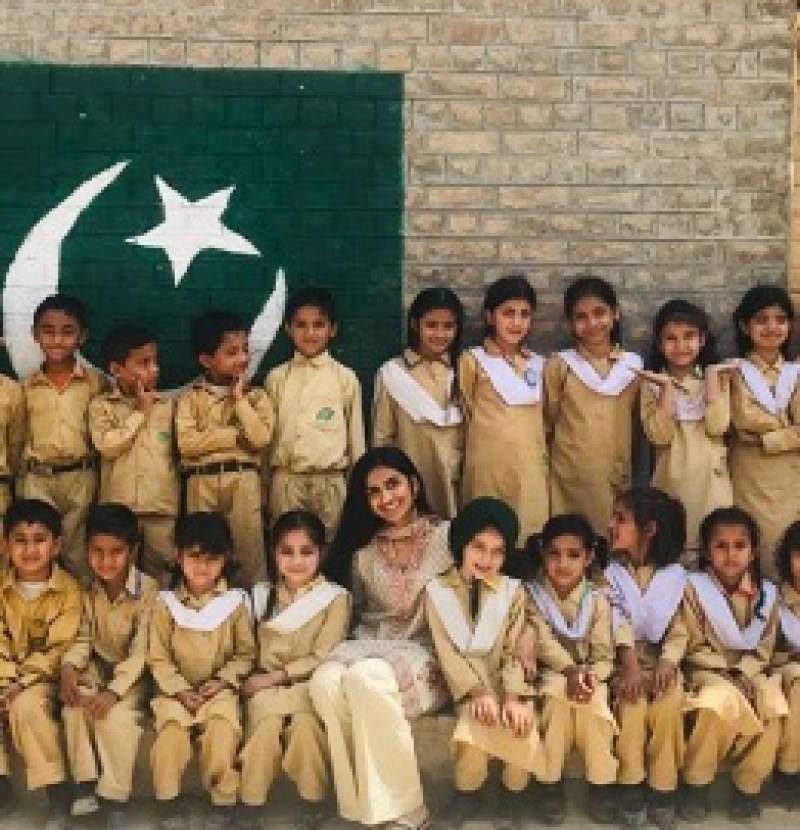NEHA IKRAM - THE NOTABLE HUMANITARIAN FROM 'REACHING OUT'
BORN IN NORWAY, 21 YEAR-OLD NEHA IKRAM IS A CULTURAL BRIDGE BUILDER AND HUMANITARIAN OF PAKISTANI ORIGIN. NEHA SHARED WITH HELLO THE ART OF BUILDING CULTURAL BRIDGES AND THE CRUCIALITY OF COMPREHENDING HUMANITARIAN WORK.

What is cultural bridge building for you? [Neha Ikram]
Building a cultural bridge means recognising differences. It’s easy to identify the obvious differences such as language or appearance, but the vast majority of culture is unseen. A common metaphor often used to describe culture is an iceberg. Only a small part of culture is observable to people, while the majority of it remains hidden.
How to build cultural bridges? [Neha Ikram]
In order to build strong cultural bridges, we need to recognise our own deeply embedded cultural values, including our “baggage.” Often, differences make us uncomfortable, but acknowledging these key differences can help us begin the journey toward building better cultural bridges.
You are the Chairwoman of Reaching Out organisation. Please, tell us about the organisation? [Neha Ikram]
Our mission is to build bridges through diversity, awareness, fashion and arts between Pakistan & Norway and other ethnic groups thriving in Norway and Norwegian cultural heritage and history. Our vision is to create awareness about how crucial it is to comprehend cultural differences and backgrounds and the power of thinking independently together for strengthening and nourishing the community.
How do you define humanity? [Neha Ikram]
Humanity is what makes us human, not the ones who are desensitised, however the one with a heart pondering for those who suffer through human rights violations in all forms. Without love and compassion there is no humanity. And if we do not live our life to serve for humanity, then our existence has no purpose. We are then simply useless. How can we live blissfully and have inner peace when women and children live a life filled with tears, fear, torture and pain. Successful is something we can all become, but can we all be merciful, loving, and wise - without a heart that beats faster and makes breathing harder by thinking of those who live a life filled with injustice.
You have volunteered for The Citizens Foundation Pakistan, please tell us about your experience? [Neha Ikram]
A heart touching experience. Too often we underestimate the power of a touch, a smile, a kind word, a listening ear, an honest compliment, or the smallest act of caring, all of which have the potential to turn a life around. Giving helps you realise the compassion that you have in your heart. It helps you break down barriers. It makes you question what is truly crucial. The less privileged children - studying in TCF schools, live a life of pain and burdensome. Full time duty picking up garbage from the streets and selling fruits and toys on the road. Still, willing to study, because they are aware of the value that education has and how it will become their ultimate power one day. Their blissful faces cannot make one question the battle they go through, something I witnessed everyday for 4 months. My journey volunteering made me comprehend that home is in the heart.

If you could have a gathering with anyone, dead or alive, who would you choose?
- Shams-i Tabrīzī, Immanuel Kant, Al-Ghazali & Mr. Imran Khan.
Favourite musicians?
- Itzhak Perlman, Mozart, Antonio Lucio Vivaldi, Ludovico Einaudi & Dario Marianelli
Your favourite Urdu word?
- Insaaf
You have served as the President for the United Nations Student Association of Norway, what was your aim through it? [Neha Ikram]
Norway is one of the world's leading peace nations, a country that stands for women and children's right to have freedom, independence, equal rights and the facility to educate and to be sheltered. My aim was to put light on the Human Rights violations on children and women in Jammu and Kashmir. In order to make the Norwegian Youth aware of the conflict. Not because I am a Norwegian nor a Pakistani, however, because of the pondering heart in my soul.
What is the role of philosophy in understanding life? [Neha Ikram]
I find it very important to think carefully about the way we think, the way we “know”. The Sufi mystics used to talk about the importance of unlearning—letting go of your truths, your certainties, to accept and understand being a bit confused, a bit lost, a bit perplexed. That’s fine. It’s better than the totalitarianism of certainty. So for me, confusion is not necessarily a bad thing. We have forgotten to say “I don’t know”. We don’t say that anymore. If there is anything we don’t know, we can google it! That is the ignorance of our age. I make a triple distinction between “information” and “knowledge” and ”wisdom”. These are completely different things. The age we are living in is full of information —and misinformation. We tend to think that the more information we have about an issue the better we know it. Actually, it’s the opposite. The more information, the less our knowledge. Then wisdom is something else altogether. Wisdom requires emotional intelligence. It requires empathy, knowledge, stories.
What advice do you have for the youth? [Neha Ikram]
Climbing higher on the ladder and achieving worldly titles should not be your purpose in life. Your aim must be to build a character based on morality and absorb wisdom and emotional intelligence into the depths of your soul, because only then will you be able to possess humility and moral excellence.
